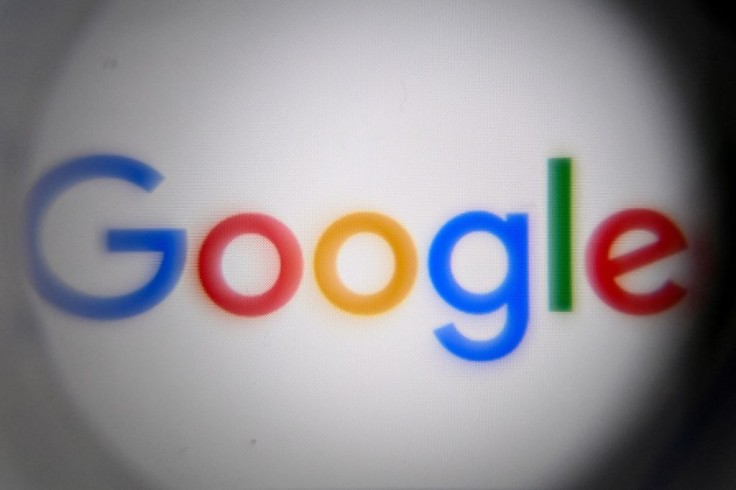DuckDuckGo is now blocking Google AMP in its search engine service shortly after its rival privacy app, the Brave web browser, released its De-AMP feature.

That said, both DuckDuckGo and Brave, which are primarily focused on one thing - privacy, are now bypassing Google AMP, the publishing framework of the tech giant.
As per a news story by The Register, the two privacy focused services, Brave and DuckDuckGo, are now unplugging Google's AMP, redirecting their users to the original webpage of the sites they are visiting.
DuckDuckGo vs. Google AMP
The privacy-focused search engine, which offers its services as an alternative to Google search, announced that it is now "protecting" its users from AMP.
DuckDuckGo assured its users that both its app, which includes its clients for Android, iOS, and Mac, as well as its extensions for both Google Chrome and Firefox, now bypass Google AMP.
Instead of using the Google mobile pages tool, users of the privacy search engine will be redirected straight from the websites of the publisher they are attempting to read.

According to a recent report by Tech Radar, the latest move of the privacy app, DuckDuckGo, comes shortly after Brave released a similar feature against Google AMP.
However, it is worth noting that DuckDuckGo has yet to give more details about how its anti-Google AMP feature for both its app and extension works.
Despite that, the privacy-focused service went on to claim in its tweet that "AMP technology is bad for privacy because it enables Google to track users even more (which is already a ton)."
Like other critics, DuckDuckGo took a swipe against Google's alleged monopoly involving its AMP feature.
In addition to that, the privacy-focused software also claimed that Google prioritizes AMP links in its search results, which in turn forces publishers to use it.
Brave's De-AMP Feature
On the other hand, Brave also released a new feature that blocks Google AMP on its web browser before DuckDuckGo's move.
Brave aptly calls the new function De-AMP, which bypasses Google AMP for its users, bringing them to the original site of its source.
The privacy-heavy web browser says that the DE-AMP feature prevents Google from tracking their browsing activities.
Like DuckDuckGo, Brave says that the Google AMP is harmful. The privacy-focused app further added in its announcement that "AMP helps Google further monopolize and control the direction of the web."
Google AMP
On the flip side, Register said in the same report that Google claims that AMP provides a more seamless experience as it loads pages faster as it runs directly on its servers.
Google has been consistently telling its critics that AMP is here to make web browsing a better overall experience, noting that it is a partnership between their engineers and other publishers.









